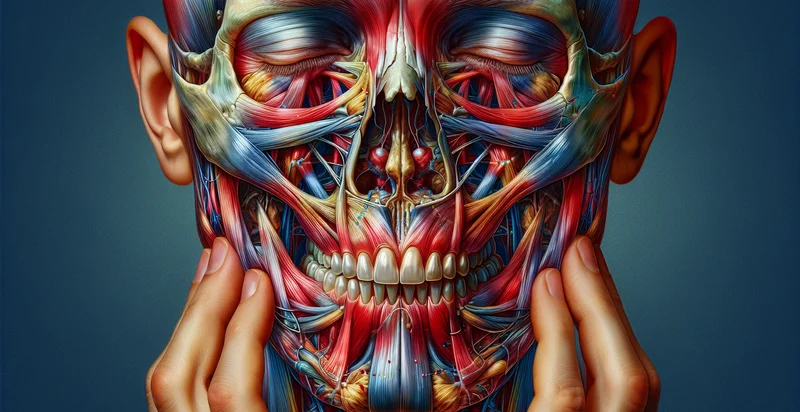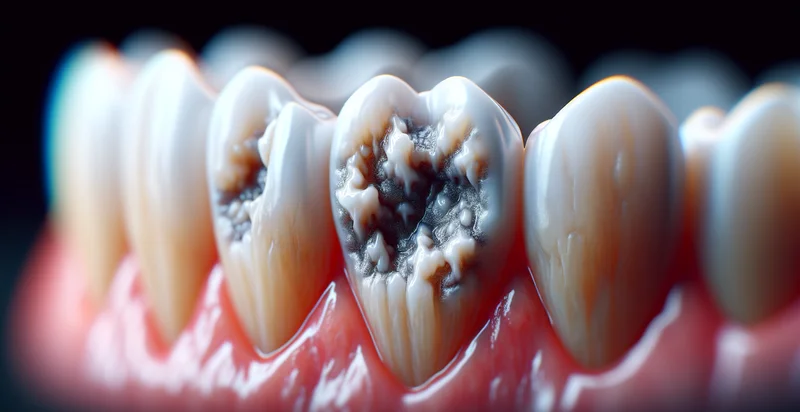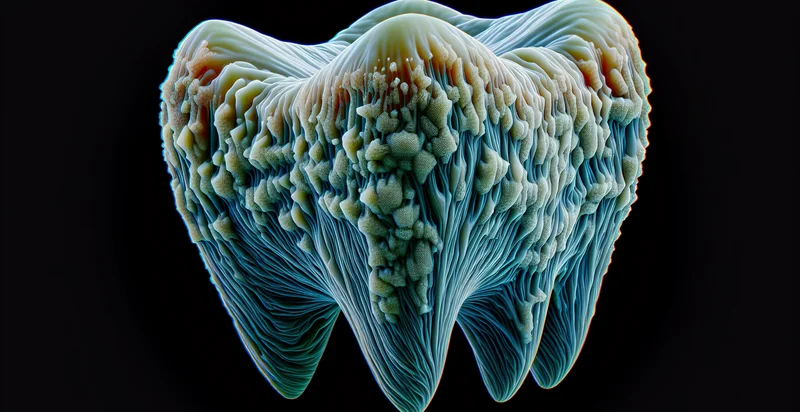Identify tmj condition
using AI
Below is a free classifier to identify tmj condition. Just upload your image, and our AI will predict the type of TMJ condition present - in just seconds.

Contact us for API access
Or, use Nyckel to build highly-accurate custom classifiers in just minutes. No PhD required.
Get started
import nyckel
credentials = nyckel.Credentials("YOUR_CLIENT_ID", "YOUR_CLIENT_SECRET")
nyckel.invoke("tmj-condition", "your_image_url", credentials)
fetch('https://www.nyckel.com/v1/functions/tmj-condition/invoke', {
method: 'POST',
headers: {
'Authorization': 'Bearer ' + 'YOUR_BEARER_TOKEN',
'Content-Type': 'application/json',
},
body: JSON.stringify(
{"data": "your_image_url"}
)
})
.then(response => response.json())
.then(data => console.log(data));
curl -X POST \
-H "Content-Type: application/json" \
-H "Authorization: Bearer YOUR_BEARER_TOKEN" \
-d '{"data": "your_image_url"}' \
https://www.nyckel.com/v1/functions/tmj-condition/invoke
How this classifier works
To start, upload your image. Our AI tool will then predict the type of TMJ condition present.
This pretrained image model uses a Nyckel-created dataset and has 17 labels, including Clicking Jaw Sounds, Ear Pain, Facial Pain, Headaches, Healthy, Jaw Clenching, Jaw Locking, Jaw Stiffness, Joint Inflammation and Mild Discomfort.
We'll also show a confidence score (the higher the number, the more confident the AI model is around the type of TMJ condition present).
Whether you're just curious or building tmj condition detection into your application, we hope our classifier proves helpful.
Related Classifiers
Need to identify tmj condition at scale?
Get API or Zapier access to this classifier for free. It's perfect for:
- Patient Screening Tool: This function can be integrated into dental clinics to automatically screen patients for potential TMJ conditions during initial consultations. By identifying symptoms based on images, dentists can prioritize patients who might need further evaluation and treatment.
- Telemedicine Consultations: During virtual consultations, doctors can utilize this image classification tool to analyze patient-submitted photos of their jaw and facial posture. This allows for quicker diagnosis and better-informed treatment plans, reducing unnecessary in-person visits.
- Research and Data Collection: Researchers studying TMJ conditions can use this function to classify a large dataset of images efficiently. By automating the labeling process, the function enhances the speed and accuracy of data collection for research studies.
- Insurance Claim Validation: Insurance companies can implement this image classification tool to automatically verify claims related to TMJ treatments. By ensuring that submitted images correspond to actual TMJ issues, insurance providers can reduce fraudulent claims and streamline approval processes.
- Patient Education and Engagement: Clinics can use the function to educate patients about TMJ conditions by analyzing their images and generating visual reports. This enhances patient understanding and engagement, making them more likely to adhere to treatment plans.
- Training and Development for Medical Professionals: Medical institutions can leverage this image classification technology to train students and professionals on identifying TMJ conditions. By studying classified images, trainees can develop a more discerning eye and understand variations in TMJ presentations.
- Integration with Medical Imaging Systems: The tool can be incorporated into existing medical imaging software to provide real-time analysis for TMJ conditions. This integration could offer healthcare practitioners detailed insights during diagnostic imaging procedures, leading to quicker and more accurate treatment decisions.


